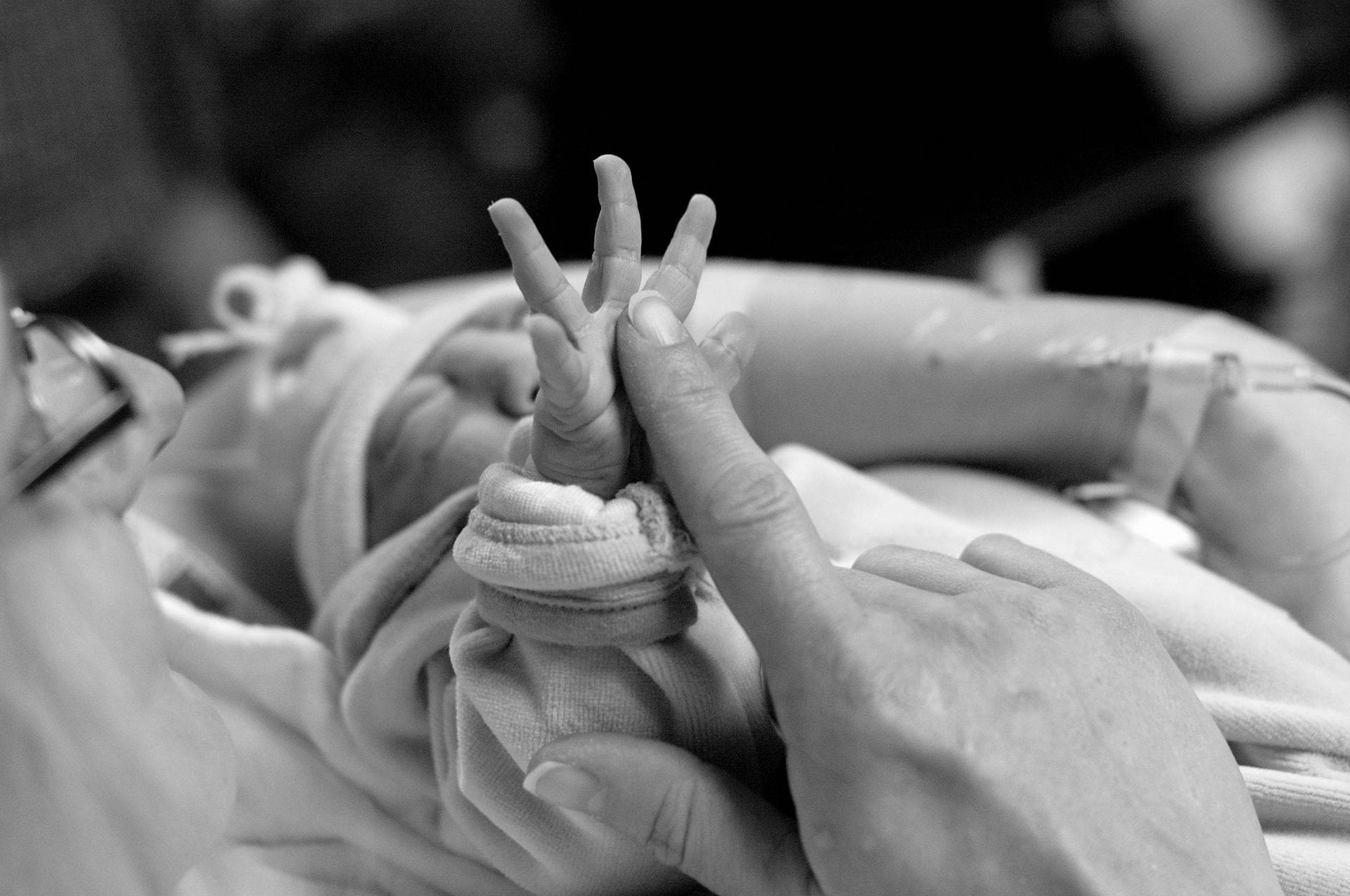Alice Heinzen received a letter from the Vatican earlier this summer thanking her for accepting Pope Francis’ invitation to attend October’s Synod on the Family. Heinzen, who has worked for 17 years for the Diocese of La Crosse, Wisc., currently promoting Natural Family Planning, said she was taken by surprise.
“I still don’t have a clue how [my husband] Jeff and I were selected,” she told Crux in a phone interview. The Heinzens will join 13 other married couples as synod observers, smack in the middle of the church’s biggest debate on reproduction and other family issues since Pope Paul VI’s 1968 ban artificial contraception.
Despite the ban, a vast majority of sexually active Catholic women in the US said that they had used artificial contraception at some point, according to one study. But talk of condoms, the pill, and intrauterine devices (IUDs) is unlikely. Rather, bishops are expected to tackle the challenges in promoting Natural Family Planning, the church’s approved method for planning pregnancies.
“Most people look at NFP as an alternative to contraception, and honestly, that’s not what it is,” said Heinzen. “It’s really a proper understanding of one’s fertility and one’s complementary fertility with the opposite sex.” She stressed that NFP is different from the rhythm method, which relied on a flawed understanding of a woman’s fertility cycle until it was largely discarded in the 1960s.
Natural Family Planning tracks a woman’s fertility by measuring things like the presence and thickness of cervical mucus and resting body temperature, dubbed “symptoms” of ovulation. If the couple is trying to avoid a pregnancy, they then abstain from sex during times when ovulation is most likely. If they are trying to conceive, they will know the best times to try. It involves charts, measurements, and lots of patience and communication.
“When you use contraception, you can pop the pill, take the shot, put in the IUD, whatever, and you’re not going to be thinking about it anymore. So, yes, there is more effort put into NFP. When it comes to your marriage, is that the kind of marriage, the kind of relationship, you want, where you don’t have to think about it anymore?” Heinzen asked.
Advocates estimate that just 2-5% of Catholics use some form of NFP, and that if done correctly, it has the same effectiveness as artificial contraception. This leads some theologians and critics to call the church’s position inconsistent or even hypocritical, banning artificial contraception but promoting a practice to achieve the same end, sexual intercourse not resulting in pregnancy. Other critics attack NFP from the other side, saying Catholics who are opposed to using contraception should not practice NFP, either.
But some NFP proponents insist that it’s not Catholic birth control.
“Those who confine sexual intimacy to the infertile times of the month are not engaging in contraceptive practices. They do not attempt to make a potentially fertile act infertile. They sacrificially abstain during the fertile time precisely because they respect fertility; they do not want to violate it; they do not want to treat the gift of fertility as a burden,” Bishop James Conley of Lincoln, Neb., wrote earlier this year.
Even Mother Teresa used a visit to the US to differentiate NFP from contraception.
“In loving, the husband and wife must turn the attention to each other as happens in natural family planning, and not to self, as happens in contraception. Once that living love is destroyed by contraception, abortion follows very easily,” she said at the 1994 Prayer Breakfast in Washington, D.C.
Some Catholics say that using NFP is more challenging to couples than promoters let on.
Lacey Louwagie, of Sioux Falls, S.D., said that she and her husband, Ivan, use methods advocated by natural family planning supporters, but supplement them with artificial contraception rather than abstain during times of high fertility. She thinks this should be an option for Catholic couples.
“I would love for the church to say that this is a decision that is up to couples, something between the man and the woman who are having sex and who will be responsible for those consequences,” Louwagie, 33, told Crux. “I feel like they don’t really have any business in trying to dictate those decisions for married couples.”
She said the church’s whole approach to marriage and sexuality should be reexamined.
“The church’s teaching that sex is primarily for procreation is wrong. I think sex is primarily to bond two people together. And in marriage, whatever you can do to keep that bond strong is encouraging,” she said.
Late last year, in preparation for the synod, Pope Francis asked bishops to consult the laity on a range of family issues, including the use of artificial contraception. While most bishops in the US did not release their findings, those who did said many Catholics in their dioceses reject current teaching.
Still, Catholic institutions have been at the forefront fighting provisions in the Affordable Care Act that require employers to provide insurance coverage for artificial contraception. Individual parishes and dioceses are exempt from the law, but Catholic hospitals and universities must comply.
For her part, Heinzen, the observer, has one hope for the synod, and she is refraining from making predictions about any outcomes. Rather, she said, “My hope is that I don’t get in the way of the Holy Spirit during the proceedings.”














